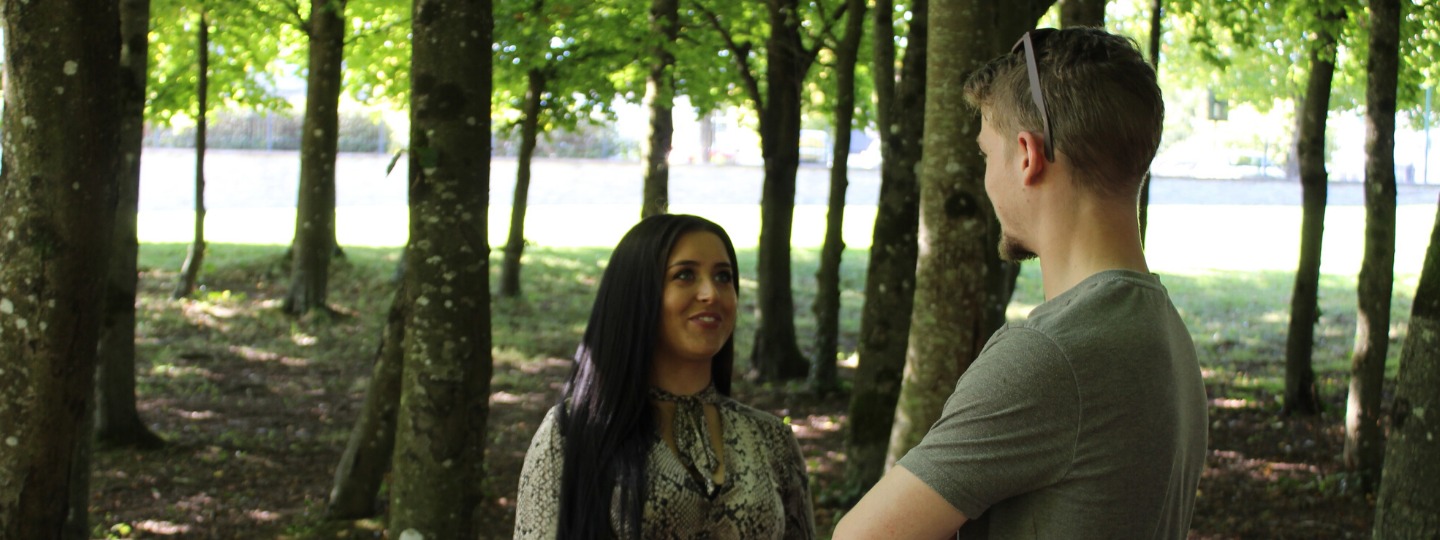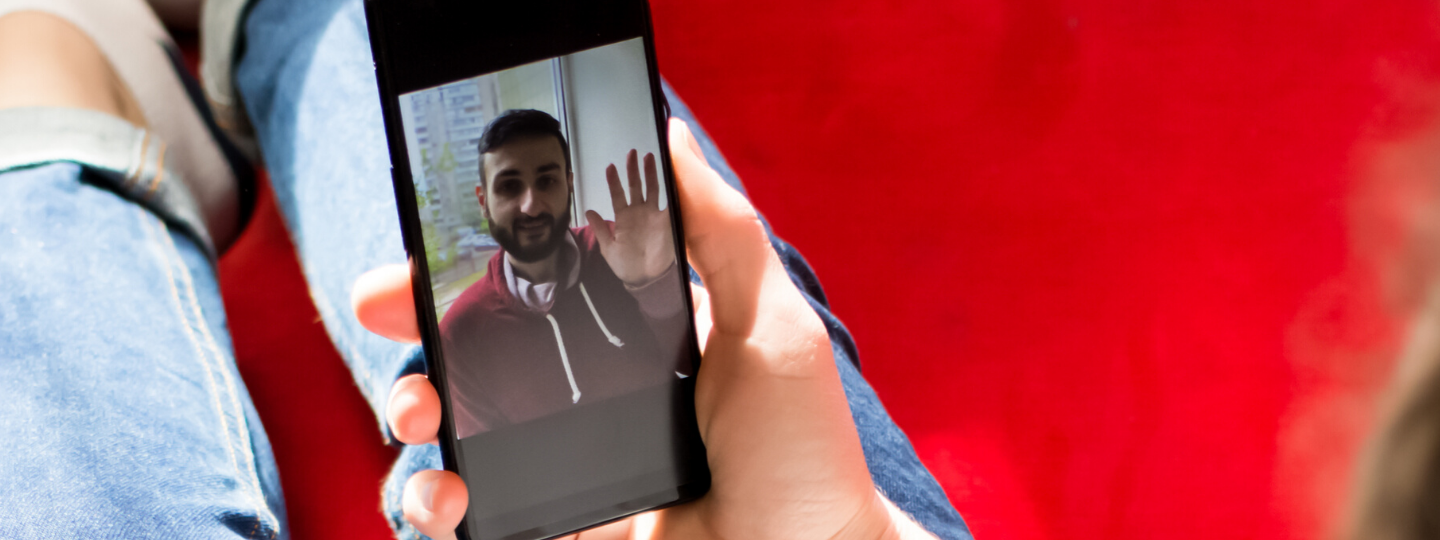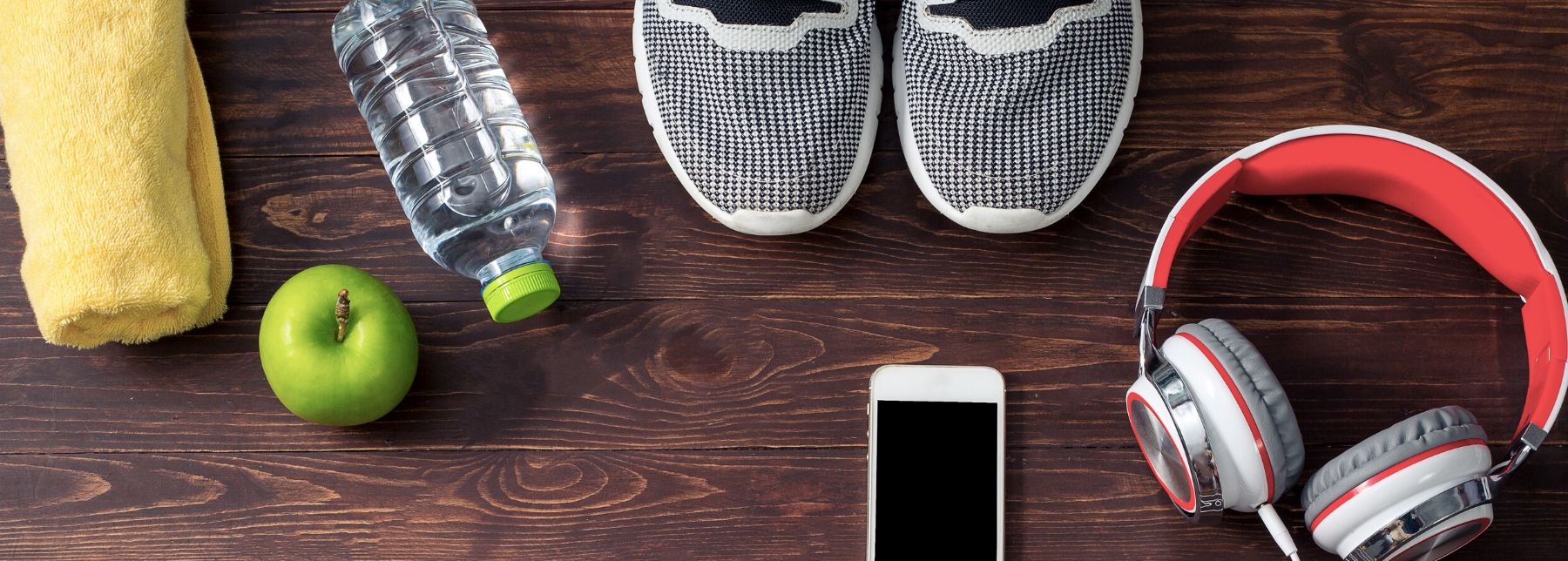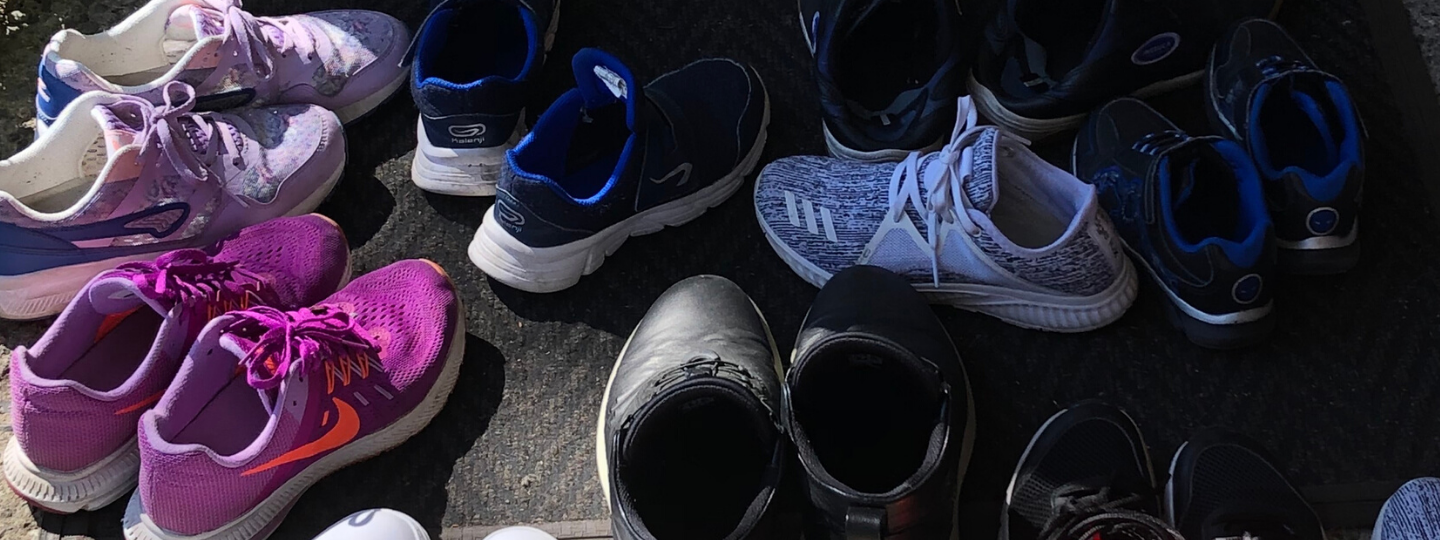TV, radio and social media continue to be filled with stories about Covid-19. However, schools, colleges and workplaces are gradually re-opening following advice from the government.
The novelty of time at home has more than likely worn off by now. In fact, there’s a lot of ‘new normal’ talk, but let’s remind ourselves, these are unusual times. It is important to look after both our mental and physical health.
Though there are very different challenges right now.
Month: July 2021
Watch: Navigating family conflict while working from home
In this video, Leona talks about ways we can navigate the family conflict that can arise.
Assertive communication
Assertive communication means expressing ourselves in a direct, open and honest way that is respectful of other people.
It is about communicating our needs to another person and working towards ‘win-win’ solutions to avoid confrontation.
Imagine a seesaw where passive communication is on one side and aggressiveness on the other. Assertiveness is the neutral, level middle ground.
Exercise, mental health and social distancing
Exercise is good for our physical and mental health. It has been really important to look after all aspects of our health during the pandemic.
For some of us, the word exercise can be off putting. However, it simply means to be active. It doesn’t have to mean going to the gym or taking part in competitive team sports.
We can view exercise as any activity that gets our body moving, increases our heart rate and breathing. Read more about how exercise can impact mental health.
However we choose to be active, it’s really important we remember to follow the guidelines on social distancing.
Watch: Personal responsibility in college
Watch as our Jigsaw Volunteers Sam and Rachel discuss the shift in taking personal responsibility when you move away to college.
Coming out about your sexuality
Whether it’s your first time coming out, or your hundredth, it can be both a daunting and liberating time.
Coming out begins with coming out to ourselves. We need to allow time to explore and discover who we are physically, romantically and sexually attracted to. Here are some tips that can be helpful to remember.
Being there for friends while social distancing
Disruptions caused by the pandemic changed life as we know it. We were challenged to accept the uncertainty of the moment.
Focusing on what is within our control helped with the stress we may have felt.
We can, fortunately, control how we maintain our connections and friendships with others. Covid may have made us more aware of our vulnerabilities. However, we have also been able to find new ways to connect and care for the people in our lives.
From singing across balconies to neighbourhood volunteer groups, people across the globe found ways to connect.
Exercise and mental health
Let’s face it, we all know that exercise is good for us. ‘Get active’ is one of the five recommended things to do every day to support our mental health.
Some people don’t have any issue going to the gym and fitting in runs. For others, finding the time, energy or motivation to get out of bed, let alone exercise isn’t easy.
Here we will look at exercise and mental health, how they are related and ways to incorporate it into our lives. Think of exercise as any activity that increases your heart rate and breathing.
In this article you’ll find:
Being anxious in social situations
Sometimes, being around people can be nerve-racking. Many of us experience anxiety in social situations.
Having to speak in public, or walking into a room of people you don’t know, or performing in front of a class can make the most confident person feel anxious.
Feeling very self-conscious in social situations is more common than you think. Many young people who come to Jigsaw tell us they can find being around classmates, strangers or even friends quite difficult. If this sounds familiar to you, know that it doesn’t have to be that way.
Here we’ll explore why you might feel that way and what you can do about it. In this article you will find:
- What does being self-conscious mean?
- What makes us feel anxiety in social situations
- How to manage anxiety in social situations











